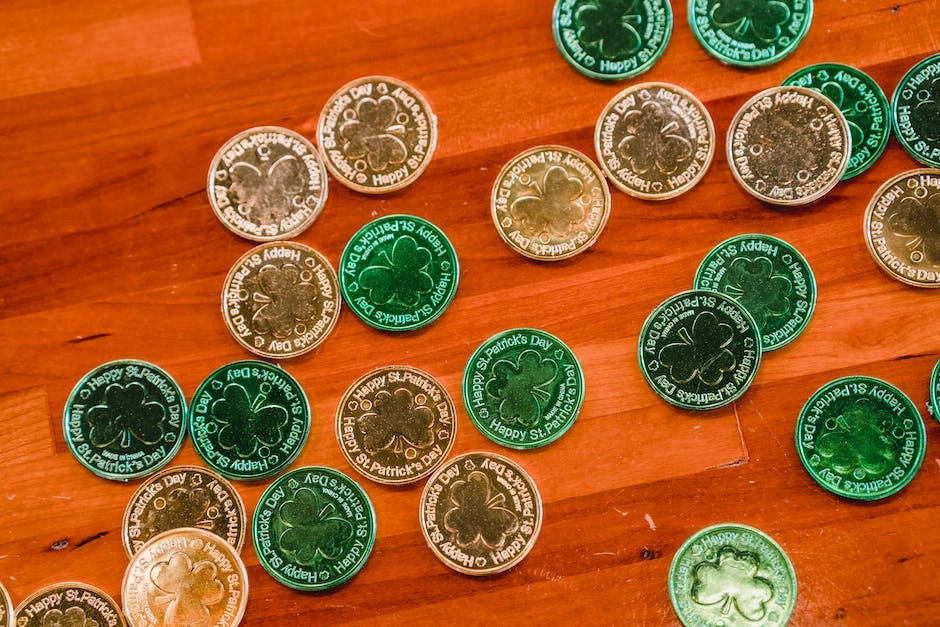There are five statutory holidays in Scotland, also called festinsléaux or festivales. They are Holy Week, Easter, Christmas, and New Year. Each one of these holidays has a different length and significance.
Easter is the biggest holiday of the year with around thirty public holidays. The rest of the year is very focused on work, so it is important to celebrate the summer season every year.
The Christmas season is a very special time for many people as they prepare for their future.
What are statutory holidays?

A statutory holiday is a day set aside by a government body, society, or organization to remember a person, event, or thing. There are many government-sponsored holidays such as the yearly police anniversary, Thanksgiving Day, and Christmas Day.
Most holidays have a specific purpose such as celebrating a person or event that happened long ago or more recent events. For example, Thanksgiving Day celebrates the first time Americans celebrated the Christian faiths True Thanksgiving (Day of Jesus Christ) and the Native American tribes who created it.
There are several reasons for having a statutory holiday: It is legal to take one day per week offwork; it can be cost-effective to have one national day per year; and it can promote socialization and community-building by having one day off per week.
The number of statutory holidays in Scotland is limited, however.
How many holidays are there in Scotland?

There are a wide range of holidays celebrated in Scotland, from the Christmas Day Holidays to the summer BBQ and football season. One of the most anticipated events of the year is Hogmanay, marking the New Year’s Eve celebrations, which include lively festivities and a significant cultural embrace of Scottish traditions. However, the biggest holiday celebrated in Scotland is undoubtedly St. Andrew’s Day, where communities come together to honor their patron saint with music, food, and various local customs. Throughout the year, these celebrations reflect Scotland’s rich heritage and vibrant spirit, bringing people together regardless of the season.
Many of these holidays are celebrated both locally and nationally, making it a diverse celebration. For instance, the Summer BBQ is typically celebrated both locally and nationally in June and July.
As we discuss in this article, July is the month when many people celebrate International Kippers Day. This national holiday is celebrated both locally and nationally on July 1st!
Although there are more holiday days in July than there are in February, January, December, and September, there are still months where no holidays are announced.
What is the history of statutory holidays?

In the past, there were a few holidays set aside by law. These were Christmas, New Year and Spring celebrations.
These days, there are plenty of holiday celebration opportunities. In fact, there are over 100!
Since the early 1900s, there has been a year-long gap in Scottish holiday celebration. The Great Winter Festival was a short-lived Christmas celebration that took place during the first week of January through the first week of February. This festival was an attempt to fill the void left by the traditional Christmas festivities, which had been overshadowed by various cultural shifts over the decades. The Great Winter Festival sought to revive a sense of community and joy during this typically bleak time of year. However, as interest waned, the need for a defined christmas holiday duration in Scotland became increasingly apparent, leading to discussions about how to better celebrate the festive season.
It was replaced by The Little Winter Festival, which took place at various times throughout the year. This festival was eventually renamed The Great Winter Festival in 2010 to match its length-missing predecessor.
The Little Winter Festival is still held on occasion, but this year it will be held on December 23 from 10:00 until 12:00! It will be followed by The Great Winter Festival at 12:30 and 14:00.
Are there any exceptions to the rules for statutory holidays?

A few Scottish islands have plans in place to accommodate tour groups and groups with special needs. These are generally put into place for large groups who need a more convenient location to gather, with some limited availability.
The Western Isles, Barra and the Cairn, are three such exceptions. All three have restrictions placed on the number of holidays per year that cannot be appealed, so if you have your wish to take your holiday recorded finally granted you will have to go through with it.
The Western Isles, Barra and the Cairn only allows one visit per day and night per person, making it somewhat difficult to meet up with friends or take direct flights just for your holiday. However, this is an issue that must be addressed as soon as possible due to the limited availability of places to rest and sleep.
Who is eligible for a holiday?

A statutory holiday is a legal requirement in Scotland. You are eligible for a statutory holiday if you are: A statutory holiday is a legal requirement in Scotland. You are eligible for a statutory holiday if you are an employee who has worked for a continuous period of time. In most cases, full-time workers are entitled to a minimum of 28 days of paid leave per year. To understand your entitlements better, it’s essential to know how many holidays in Scotland you are actually eligible for, as local laws may also impact your overall leave. Additionally, part-time employees accrue holiday entitlement on a pro-rata basis, ensuring fair access to time off.
retired or eligible to be retired;
over the age of 18 but not 18 years old; or
a student who is studying for a higher education course.
All statutory holidays in Scotland are designated as National Holidays. These National Holidays include: New Year, Goodwill Games, Easter, Mother’s Day, Father’s Day, Christmas (including Christmas Eve and Christmas), and New Year. While all citizens of Scotland are allowed to take one of these holidays, there is a difference between when you can and should go on it.
The length of time you should stay at home on a weekend depends on what day it is. On Monday mornings, most people stay at home to save money as admission to national events is free on Monday mornings.
What does a holiday look like?

A holiday is like a long break, except you don’t have to work while you take your holiday. You can sleep as much as you want!
There are a few days set aside on special occasions, and annual events are marked such that you can take your time off at will.
These include Christmas, Easter, and summer holidays. In July and September, people usually take their holidays during the summer season.
The rest of the year, people get a few days to work up the energy to finish their chores and get out of the house. Since there aren’t many jobs outside of home duties, people take advantage of the time to relax and enjoy life.
This is how many people start their year off with a good break. The following article will talk about when and how to take the annual leave.
What are my rights regarding taking a holiday?

If you’re planning a long holiday, you should consider the number of weeks in your leave. In Scotland, holiday weeks run from January to March and September to October. This seasonal structure can affect availability and pricing for accommodations, so it’s advisable to book early. Additionally, if you’re looking into renting a holiday property, it’s essential to know how long can a holiday let be, as regulations may vary. Understanding these factors will help you maximize your time away and ensure a smooth, enjoyable experience.
Most countries on the Christmas and New Year’s holidays have long lines of people waiting to get into a facility. However, Scotland does not have a large festive season like Christmas or Thanksgiving, so these holidays are a good option.
Since most people take advantage of this by heading off on holiday just before Christmas Day, many hotels offer early booking bonuses to entice you to book early. If you want a relaxing holiday, buy your flight and vacation away!
The amount of time students receive during the final semester is determined by the year they graduate and their grade point average. There are also special holidays such as National Teacher Appreciation Week that determine how many days per week each teacher deserves credit for.
Who is responsible for issuing the holiday?

There are ten statutory holidays in Scotland, one more than there are weeks in the year. Seven of these holidays are Christmas days, and one is New Year’s Day. These holidays are an integral part of Scottish culture, providing time for celebration and reflection throughout the year. The Scotland bank holiday calendar 2023 outlines these dates, allowing residents and visitors alike to plan for festivities, family gatherings, and events. From the lively festivities of Hogmanay to the quieter moments of remembrance, each holiday has its unique significance.
Christmas Day is celebrated on the following days: December 26 (Christmas Day), January 2 (New Year’s Day), and January 6 (Boxing Day).
The other seven holidays are: New Year’s Eve, New Year’s Day, Easter Sunday, Easter Monday, Martinmas or ThanksgivingDay, Mother’s Day, and Father’s day.
All citizens of Scotland, regardless of their birthday or which holiday they celebrate on, receive a holiday notification from the Department for Culture and Communications (DCaC). The DCaC also issues a Christmas card to everyone who receives it.

